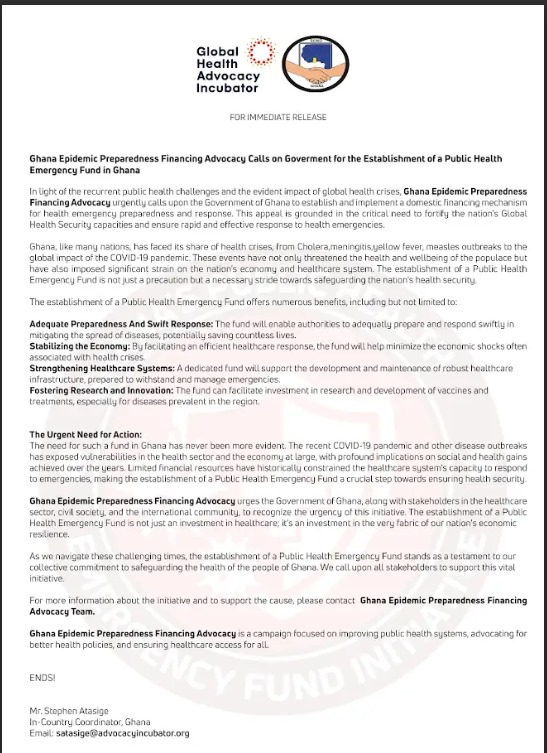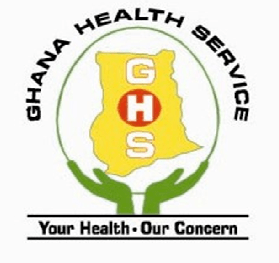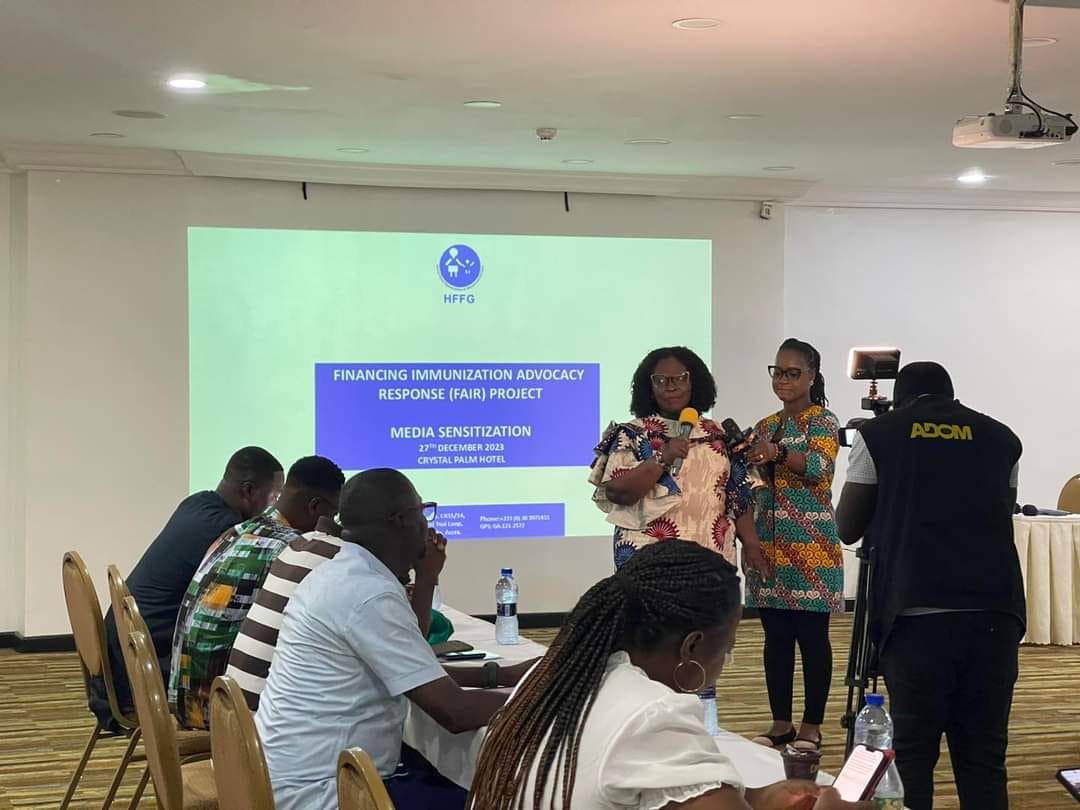
Accra, Dec. 18, GNA - The Integrated Social Development Centre (ISODEC) on Monday launched the Primary Health Care (PHC) advocacy materials to ensure accessibility of comprehensive health service to the citizenry.
The advocacy materials would provide a holistic spectrum of services, offering the patient options through the coordinated effort of primary health care providers, traditional healers and alternative resources.
Mr Leonard Shang-Quartey, the Policy Analyst of ISODEC, said PHC had been identified as the first level of contact for individuals, families and community within the national health system, adding that these tenets must be maintained at all stages of development.
“The document is about ensuring that health care is as close as possible to where people live. Within the context of the three-tier system of health care, the document is intended to take care of the largest population of the citizens,” he added.
He said efforts at providing PHC in the country had been ongoing over the past four decades and that the document focused on prevention rather than curative and relied on self-help, home-care, community participation and technology that the people find it appropriate and affordable.
Mr Shang-Quartey said over the years, the country’s health policies and programmes had carried on aspects of the PHC agenda, but the preventive dimension had not been sufficiently emphasized.
He added that the socio-cultural considerations and governance issues had also not been acknowledged in approaches to ensuring proactive and responsive primary health care.
He said the country’s PHC approach must offer a comprehensive package of essential services, including reproductive health services and supplies.
Mr Shang-Quartey said the National Health Insurance Act 650 of 2003 and Act 852 of 2012 stipulated major weaknesses affecting membership management which included low membership renewal rate, delay in imbursement to providers, low education on NHIS benefits package as well as rights and responsibilities of subscribers.
He stated that ISODEC would ensure geographical access to health care delivery, so that services were not only close to citizens and communities, but citizens and communities were involved in the approaches adopted and the planning of these engagements.
Mr Shang-Quartey also launched a report on “The fall of prepaid water meters in Ghana, An Account of Civil Society Organisations Campaign for Human Right to Water”.
The objective of the report is to document lessons learned in the various campaigns against prepaid water meters in the country and to share these with other groups, local and international groups for solutions.
“The report is targeted at CSOs and meant to contribute to existing knowledge and conversation about effective, ineffective strategies and review of strategies confronting introduction of prepaid water meters for the broader agenda of commercialization and privatization of water,” Mr Shang-Quartey added.
GNA
Read Full Story





















Facebook
Twitter
Pinterest
Instagram
Google+
YouTube
LinkedIn
RSS